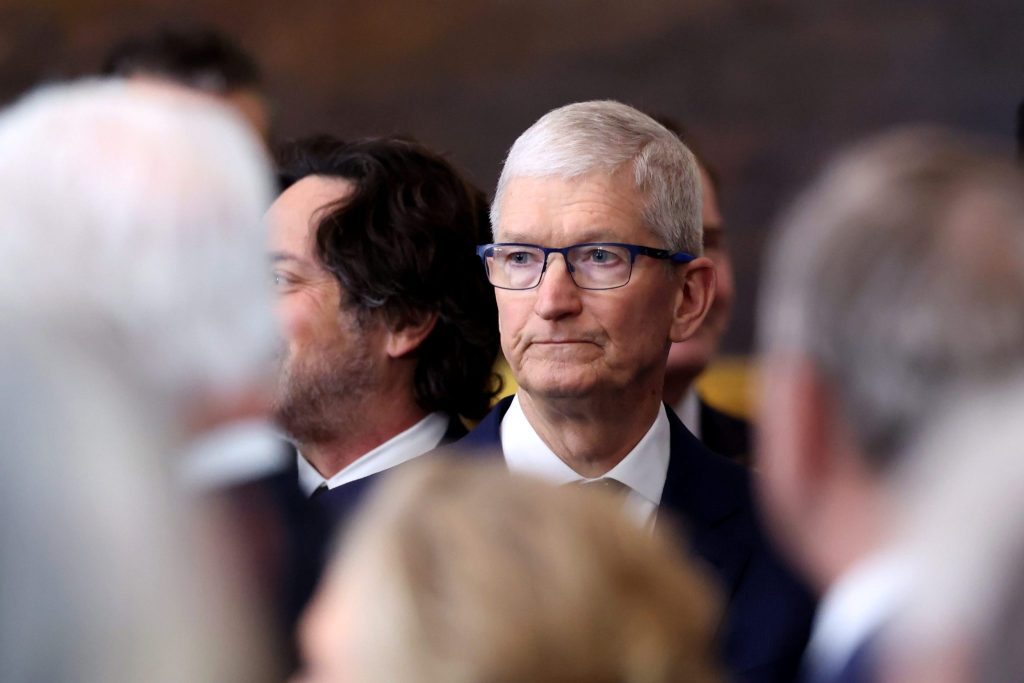Apple Inc. violated a court order requiring it to open up the App Store to outside payment options and must stop charging commissions on purchases outside its software marketplace, a federal judge said in a blistering ruling that referred the company to prosecutors for a possible criminal probe.
US District Judge Yvonne Gonzalez Rogers sided Wednesday with Fortnite maker Epic Games Inc. over its allegation that the iPhone maker failed to comply with an order she issued in 2021 after finding the company engaged in anticompetitive conduct in violation of California law.
Gonzalez Rogers also referred the case to federal prosecutors to investigate whether Apple committed criminal contempt of court for flouting her 2021 ruling.
The judge found that Apple “willfully” violated her injunction.
“It did so with the express intent to create new anticompetitive barriers which would, by design and in effect, maintain a valued revenue stream; a revenue stream previously found to be anticompetitive,” she wrote in her ruling. “That it thought this court would tolerate such insubordination was a gross miscalculation.”
Apple didn’t immediately respond to a request for comment.
Epic Games Chief Executive Officer Tim Sweeney said in a social media post that the company will return Fortnite to the US App Store next week.
Following a trial in 2021, Gonzalez Rogers largely sided with Apple, saying that its App Store policies didn’t violate federal antitrust law. However, she required the company to let developers bypass its in-app payment tool to avoid a commission of up to 30%. The ruling was ultimately upheld by the US Supreme Court.
Apple allowed developers to point users to the web to complete transactions for in-app purchases, but required developers to pay the company a 27% cut of whatever revenue they generated.
Over several weeks of hearings in February and last year, Gonzalez Rogers appeared skeptical of Apple’s compliance and questioned whether it was improperly shielding information by asserting attorney-client confidentiality.
In Wednesday’s ruling, the judge said Apple tried to cover up its noncompliance with her 2021 order.
“After two sets of evidentiary hearings, the truth emerged,” Gonzalez Rogers wrote. “Apple, despite knowing its obligations thereunder, thwarted the injunction’s goals, and continued its anticompetitive conduct solely to maintain its revenue stream.”
The judge said that Alex Roman, Apple’s vice president of finance, lied on the witness stand.
The case is Epic Games Inc. v. Apple Inc., 20-cv-05640, US District Court, Northern District of California (Oakland).
This story was originally featured on Fortune.com







